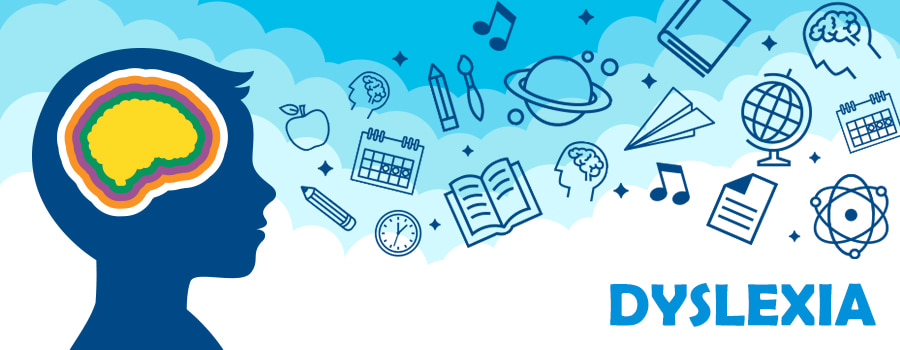Click here for a short informational video.
Definition of Dyslexia
The Texas Education Code (TEC) 38.003 defines dyslexia in the following way:
a. Dyslexia means a disorder of constitutional origin manifested by a difficulty in learning to read, write, or spell, despite conventional instruction, adequate intelligence, and sociocultural opportunity.
b. Related disorders include disorders similar to or related to dyslexia such as developmental auditory imperception, dysphasia, specific developmental dyslexia, developmental dysgraphia, and developmental spelling disability.
Current Definition of Dyslexia (from the International Dyslexia Association)
Dyslexia is a specific learning disability that is neurological in origin. It is characterized by difficulties with accurate and/or fluent word recognition and by poor spelling and decoding abilities. These difficulties typically result from a deficit in the phonological component of language that is often unexpected in relation to other cognitive abilities and the provision of effective classroom instruction. Secondary consequences may include problems in reading comprehension and reduced reading experience that can impede growth of vocabulary and background knowledge.
(Adopted by the International Dyslexia Association Board of Directors, Nov. 12, 2002)
The following are the primary reading/spelling characteristics of dyslexia:
- Difficulty reading real words in isolation
- Difficulty accurately decoding unfamiliar words
- Difficulty with oral reading (slow, inaccurate, or labored without prosody)
- Difficulty spelling
What do I do if I suspect my child has dyslexia?
First and foremost, discuss your concerns with your child’s classroom teacher. He or she may be able to reassure you that your child is making appropriate progress. If you continue to have concerns about your child’s progress, contact campus administration about the district's referral process. All dyslexia requests are then processed through the SST team.
Screening
Texas Education Code subsection 38.003 requires that all students in kindergarten and grade 1 be screened for dyslexia. In alignment with this code, Danbury ISD screens all kindergarten students at the end of the year and all first-grade students in the middle of the school year. For more information regarding the screening process, refer to page 7 of the Texas Dyslexia Handbook. The handbook can be found on our Resources page.
What can parents do to help at home:
- Read to your child. Let them choose what you read.
- Encourage your child to read at home. Select material that your child can read fluently. Practice is especially important for students with dyslexia.
- Encourage your child to listen to audiobooks. (Learning Ally)
- Take your child to the public library. Let them choose books that interest them.
- Talk about the meanings of words.
- Encourage your child to keep a journal about important events or write notes to you about their day.
- Read books and become informed about dyslexia.
- Support your child with reading their homework. The focus should be on their knowledge of the content, not their ability to read it.
- Keep regular contact with your child's teachers requesting a conference when necessary.
- Keep track of your child's progress and grades through Ascender.
- Encourage your child to be their own advocate when it comes to receiving their accommodations in class.
- Encourage your child to find and expand on their strengths.

